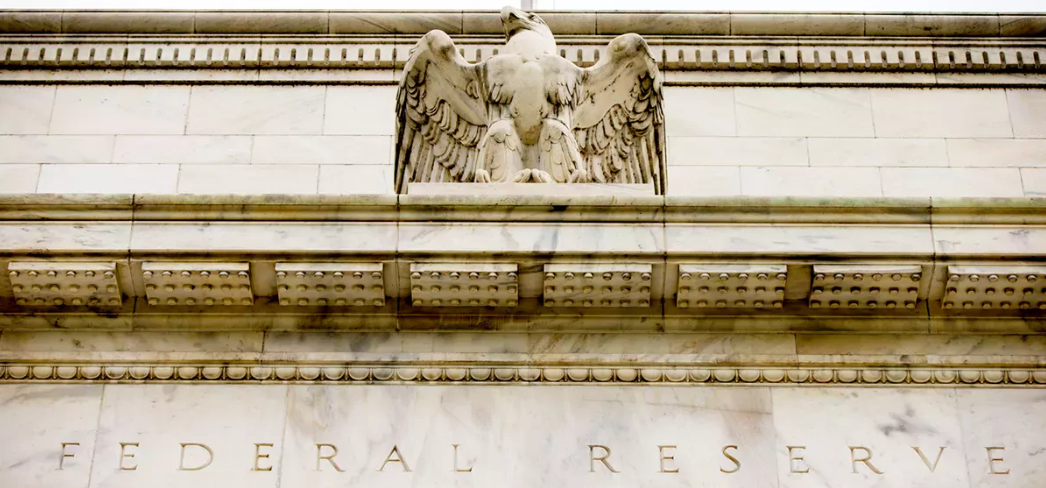
François Christen
Chief Economist
Investors' pathological mimetism sometimes leads to dramatic regime changes.
Original article published in French on agefi.com

The transition could hardly have been more abrupt, even though a few warning signs had emerged in July. A handful of disappointing macroeconomic indicators and mixed corporate earnings were enough to spark a sell-off, leading to a sharp correction in risky assets. At the other end of the spectrum, government bonds benefited greatly from a flight to safety and a reassessment of the outlook for monetary policy. The yield on the 10-year US T-Note fell by more than 40 basis points to below 3.8%, a level briefly seen at the end of 2023.
The fall in yields materialised on Friday, following the publication of an employment report confirming the cooling of the US labour market. The establishment survey revealed that 114,000 jobs were created in July, a figure below forecasts. This diagnosis is compounded by other symptoms of weakness, such as the fall in weekly working hours. The household survey is also worrying, as the unemployment rate has risen from 4.1% to 4.3%, a far cry from the 3.4% level reached in April 2023. Historically, a rebound in the unemployment rate of this magnitude has almost always heralded the entry of the US economy into recession.
The latest ISM surveys are sending out a mixed message. The manufacturing PMI fell from 48.5 in June to 46.8 in July. Orders, production and employment fell again last month. The news is better for services, where the PMI recovered from 48.8 in June to 51.4 in July on the back of a rebound in activity, orders and employment.
Ironically, investor confidence plummeted just after a FOMC meeting whose outcome was perfectly in line with expectations. The Fed did not change its key interest rate, but the statement re-established the balance between the objective of price stability and that of preserving “full employment”. At a press conference, Jerome Powell clearly signalled the prospect of a first interest rate cut in September. The climate of panic that emerged on Friday could change the situation and force the Fed to act more quickly, at the risk of confirming the existence of a “Fed put” likely to fuel investor exuberance in bullish phases. However, the Federal Reserve is likely to hold off until it has a better appreciation of the risks of recession that have suddenly alarmed Wall Street.
A cut in the Fed funds rate before the next FOMC meeting is unlikely if the situation does not deteriorate further. Initially, central bankers should seek to reassure through their declarations. However, a surge in risk premiums affecting equities and the credit market could call for concrete action to contain the risk of a systemic conflagration.
Whatever happens, it is never appropriate to succumb to panic. The cooling of the US economy is probably not a prelude to a severe slump. On the bond markets, the fall in yields is now better underpinned than it was at the end of 2023. The risks of recession also imply a more favourable correlation regime between equities and bonds. This change reinforces the benefits of diversification, as we have seen since mid-July.










